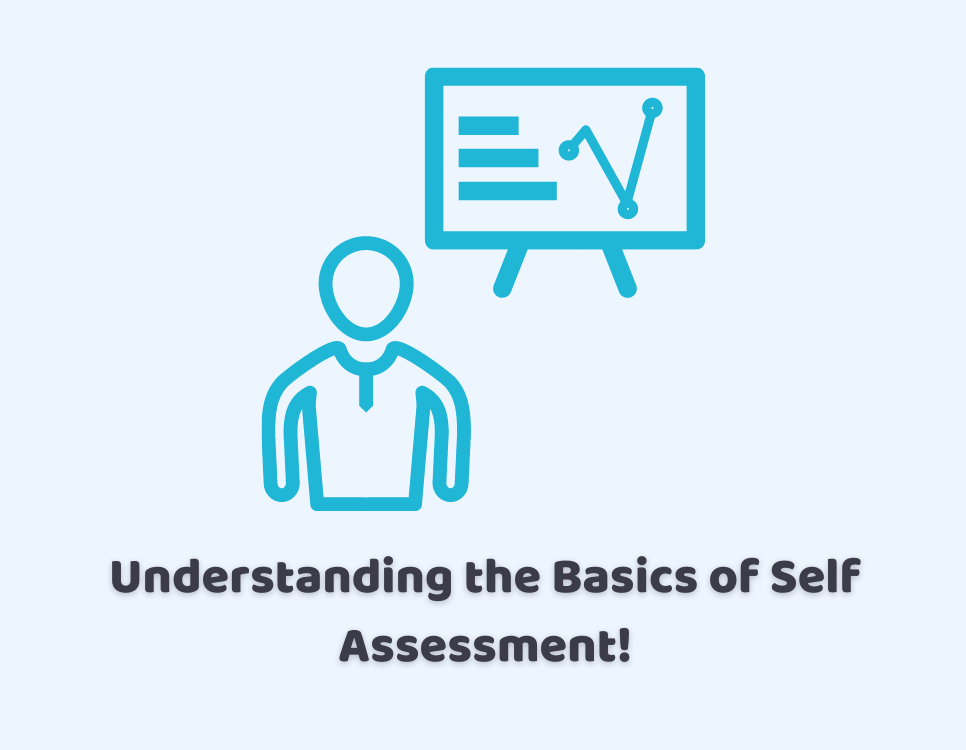
27/06/2022Personal Tax , Tax Issues , Tax Saving Tips
Are you seeking help to gather information about the basics of what is self-assessment? Every year, this process will help people to pay taxes with HMRC. This system is set up for the use of HMRC to have a fair collection of tax. The usual practice is that the automatic deduction of the tax is done from the amount of pension, savings and wages. In the case of the companies and individuals associated with any kind of business get the income through other ways as well, they are required to report the other ways of earning in the tax returns also.
If you’re a business owner regardless of the size of your business, your annual earnings are sent through a report to HMRC. The process of self-assessment tax returns has the part of details that explains all the possible sources that give you earnings. The process is named self-assessment because it involves the list of responsibilities to make calculations of the tax amount that your business owes. Further in this blog, we will explore the introductory explanation of self-assessment along with its required timeframe and what will be the condition if you are not liable to pay any kind of tax.
What is Self Assessment
Self assessment refers to a way of bringing the information about your gains and taxable income for the time duration of the tax year. This is done by completing the process of self-assessment tax returns. The major concern of the process is to work out and calculate the amount of money that you owe to pay as tax returns.
Our young and clever team of experts offers the best possible solution to your tax problems. Get in touch today to discuss your queries and enjoy instant help. Call us on 02086868876 or email us today.
Timeframe of Self Assessment Tax Return
The requirement is a compulsion if you have received a notice that explains you have to pay the tax returns. The situation can only turn around if HMRC decides to cancel the tax returns, otherwise, you have to go through the process. In the case of an income source that is untaxed, even then you are required to do the process of tax returns.
The most common situations in this regard include the following:
- When your role is of a partner in the business.
- As a director role of the company, you get the income and the tax is due on that. However, under PAYE the income is not taxed.
- You have a source to get saving income that comes under untaxed income. HMRC still aims to get the tax amount and even when you are not in the process of tax returns.
- You are associated with the capital gain tax that is not paid as yet, this makes you bound to pay the tax.
- If you are getting child benefits, you have to pay the tax in that amount as well.
Furthermore, there are several other points added according to the difference in situations in the process of tax returns. There is a tool offered by the government of the UK that helps you to be more clear about your tax return calculations. The question that arises here is how is this possible? The tool puts different questions for you to answer. The collected information from your answers will help to explain the results. This will help you to know if you have to complete the tax returns or not.
What Is The Requirement if I Don’t Have Tax to Pay?
People often get confused if they are not bound to pay any taxes, they think that there is no requirement for the tax returns as well. Unless the tax return requirement is not cancelled by HMRC, you have to make the process complete. This does not matter what are your circumstances.
In a case where there is no notification sent to you for the process of tax returns, you are liable legally to get HMRC informed that you have to complete the process. This is because you are liable to national insurance, capital gains and income tax. This way you will get the notification of tax returns on time and you can begin the process as well.
This process will further keep you protected from any kind of late fines, hidden charges and penalties. Moreover, there are chances to have exceptions that have different obligations. One such example is the income that is taxed fully under PAYE and there are no gains that are chargeable.
The Bottom Line
We can bring the discussion towards wrapping up as you have gathered a fair amount of information about the basics of what is self-assessment. We can sum up by saying that you might need a professional to make the right and error-free calculations of your tax returns. This is because the process of tax returns is considered to be quite complex. To ensure seamless processing, these few minutes of reading will help you to do the task well. We further hope this blog has helped to develop a better understanding of self-assessment tax returns.
Learn more about tax returns and self-assessment with our professionals at CruseBurke. We will love to hear about your problems and offer the help you are looking for.
Disclaimer: The information about what is self-assessment provided in this blog is general in nature. It does not intend to disregard any of the professional advice.

